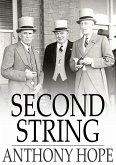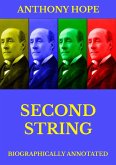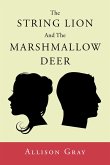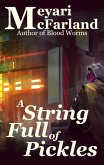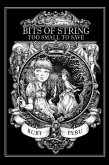In "Second String," Anthony Hope delves into the intricacies of love and loyalty against the backdrop of Edwardian society. The novella is characterized by Hope's deft prose and sharp dialogue, which illuminate the emotional landscapes of his characters. Spanning themes of ambition and unrequited love, the narrative intricately weaves the personal with the political, as those of the upper class grapple with newfound challenges. Hope's literary context is enriched by the burgeoning realism of the late 19th century, wherein social constraints and individual desires collide, rendering a multifaceted exploration of human relationships. Anthony Hope, a British author best known for his adventure novels, including "The Prisoner of Zenda," draws from his rich background in law and literature to craft captivating narratives. Hope'Äôs own experiences in the fluctuating social milieu of his time, along with his keen observations of character and motivation, inform the authenticity and vibrancy of the relationships depicted in "Second String." His unique blend of romantic and political elements reflects the era'Äôs shifting values and aspirations. This compelling work is recommended for readers seeking a poignant examination of interpersonal dynamics within a historical framework. Hope's artistry transports the reader to a bygone era, engaging them in profound themes of affection, duty, and the struggle for personal fulfillment. "Second String" is not merely a story'Äîit's a timeless reflection on what it means to love and lose.
Dieser Download kann aus rechtlichen Gründen nur mit Rechnungsadresse in A, B, BG, CY, CZ, D, DK, EW, E, FIN, F, GR, H, IRL, I, LT, L, LR, M, NL, PL, P, R, S, SLO, SK ausgeliefert werden.



